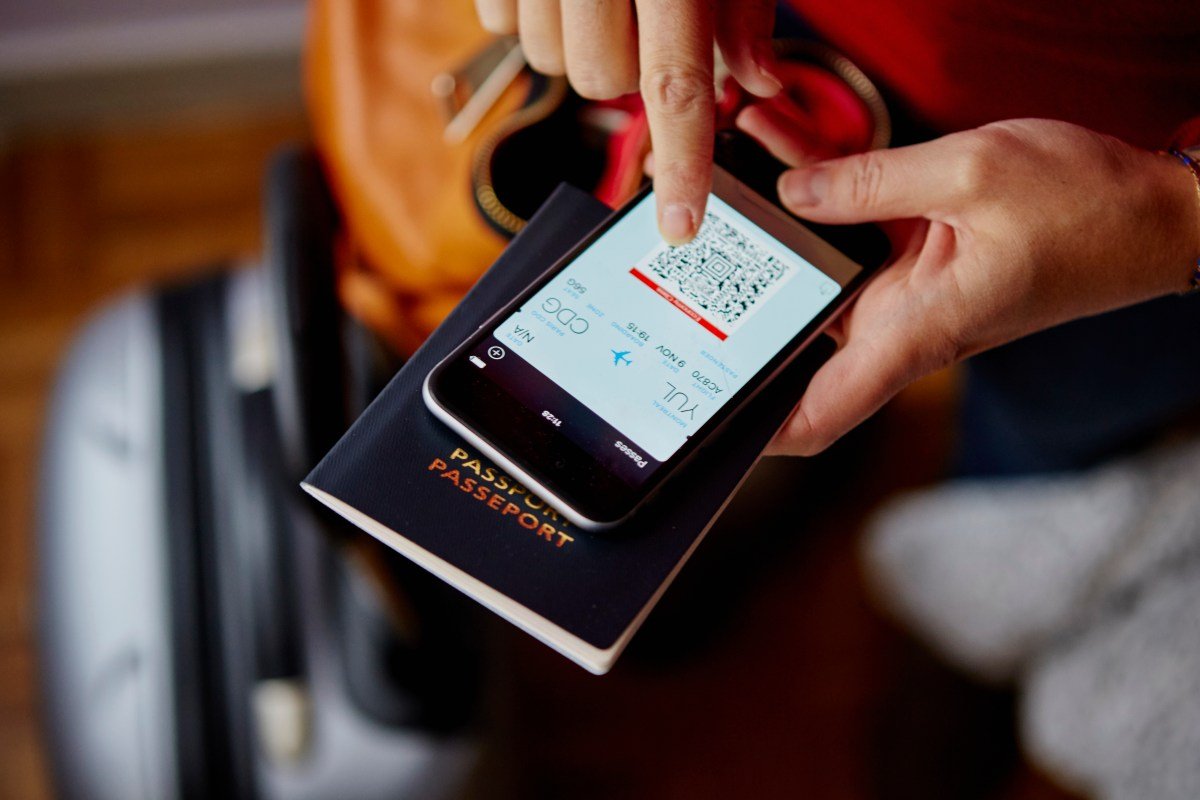The latest addition to the thriving French tech ecosystem is Kolet, a startup founded by four experienced co-founders with the goal of making staying connected while traveling a seamless experience. With a focus on simplifying the use of eSIM technology, Kolet has devised an innovative distribution strategy for travel eSIM cards.
Many smartphones nowadays come with the capability to support virtual eSIM cards, making them the default option for iPhones sold in the U.S. for several years. Taking advantage of this feature, many companies have begun offering temporary eSIM cards with foreign subscription plans to help travelers save on roaming fees.
Gone are the days of having to purchase a physical SIM card upon arrival at your destination. Thanks to eSIMs, the process has become more convenient – at least on paper. In reality, the eSIM industry can be quite complex and confusing.
For example, if you’re planning a trip to Argentina, you may find yourself searching for the best eSIM option before heading to the airport. Comparison websites like eSIMDB exist to help make this process easier by allowing you to compare different plans. However, with so many options available, it can be overwhelming to choose the right eSIM provider based on charts like the one below from eSIMDB:
Table from eSIMDB showing different eSIM providers and their respective prices and data plans.
Once you’ve selected a provider, the next steps typically involve downloading an app, creating an account, purchasing a plan, and adding the eSIM to your phone. As an eSIM provider, you can either try to stand out as the most affordable option on comparison websites, or differentiate yourself in the crowded market by offering a unique distribution strategy and user experience.
That’s where Kolet comes in. The company has plans to collaborate with various businesses within the travel industry to promote the use of Kolet’s eSIMs on their respective platforms. For example, when you book a hotel room or a flight, you may receive a confirmation email with a special offer from Kolet, such as a free trial with a 1GB data plan for the first two days of your trip.
“Our bet is that this industry will be crucial in democratizing eSIMs, as the first thing we do when we travel is book our flight or accommodation,” says Kolet’s co-founder and CEO, Eduardo Ronzano.
Ronzano, who previously founded KelDoc, an online calendar and booking solution for hospitals, is well-versed in the startup world and has participated in numerous pre-seed and seed investments through his involvement in the angel investment scene in Paris, as evidenced on his LinkedIn profile.
Upon installing Kolet’s eSIM, users can easily top up their plan through the app, with prices starting at €3.99 for a 1GB plan in Europe with a 30-day validity period. The company also has revenue sharing agreements with its partners. Kolet’s initial travel partners include professional travel agency Resaneo and air ticket booking platform Ulysse.
“What sets us apart is that we’re in the process of creating our own eSIM, which means we’ll have a single eSIM that can be used in any country around the world. This eliminates the need for users to continually switch eSIMs each time they travel to a new country,” explains Ronzano.
Joining Ronzano at Kolet is Anne-Carole Cöen, who serves as the Chief Marketing Officer. Cöen previously held the same role at French unicorn Swile, food delivery company Frichti, and ride-sharing service Freenow (formerly known as Chauffeur-Privé and Kapten). The team also includes Chief Technology Officer Jérémy Gotteland, a co-founder of Cajoo, a quick delivery service that was acquired by its German competitor Flink, and Chief Operating Officer Mehdi Chraibi, who brings his experience from the telecommunications industry.
So far, Kolet has raised $5.5 million (€5 million) from venture capital funds Daphni and 9900 Capital. The company has also recruited travel industry experts as advisors.
The market potential for Kolet is evident. Not only does the company compete with other eSIM providers, but it also targets those who may not be aware that eSIMs are an option for travelers. By partnering with businesses within the travel industry, Kolet can spread its message and expand its user base.








